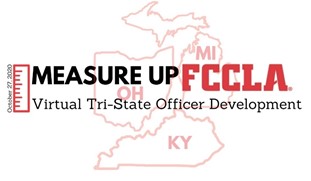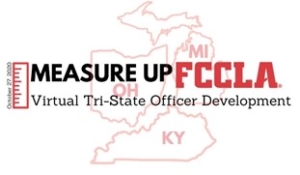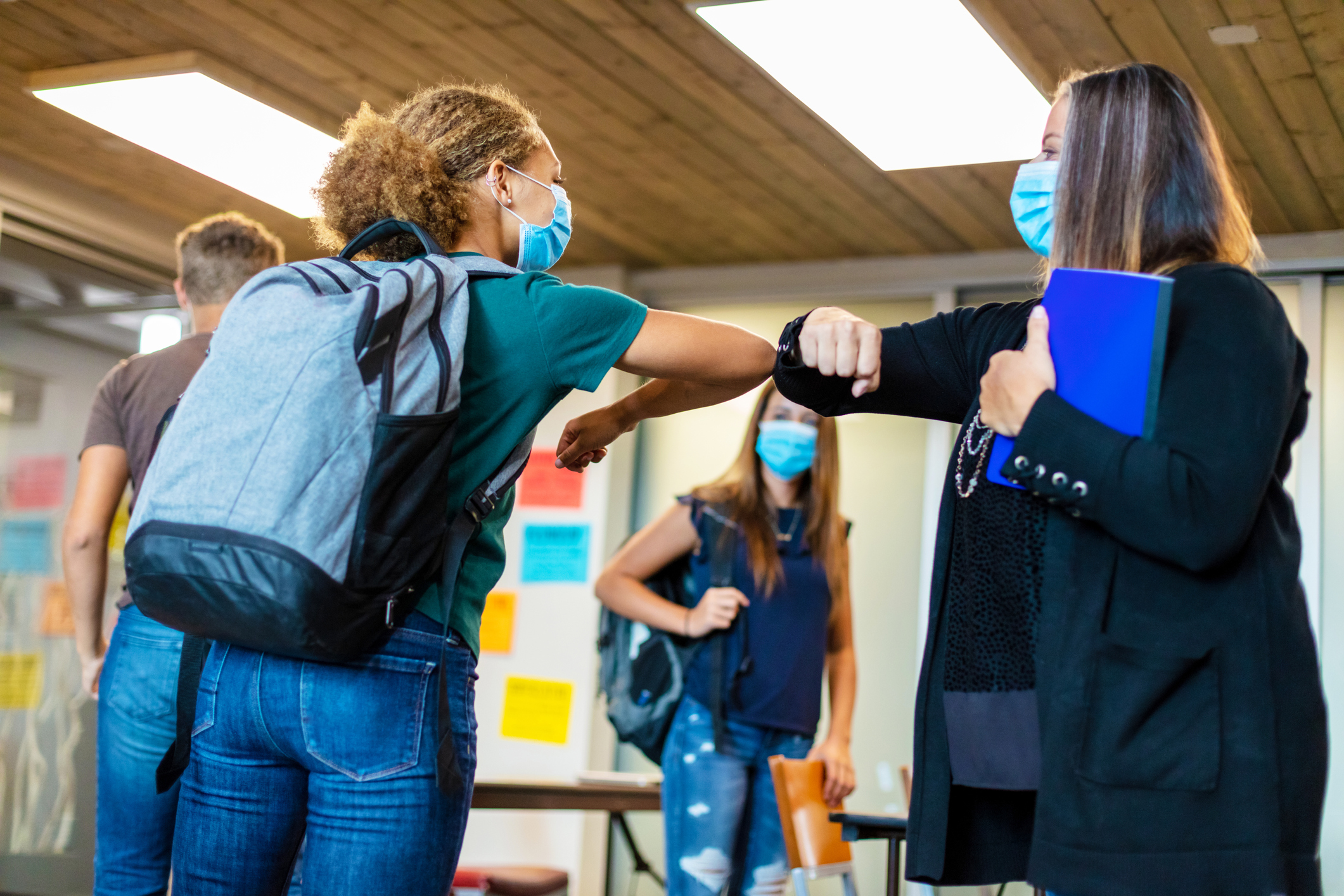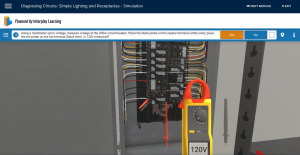
Welcome to our series, COVID-19 Innovations. Here, we chronicle the innovative ways that career and technical educators continue to engage students as lifelong learners and prepare them for rewarding careers, even as the COVID-19 pandemic has upended the 2020–21 school year.
In March 2020, HBI moved quickly to launch its CTEtechWorks learning management system (LMS). This blended learning solution for residential construction had been in development, but HBI sped up the process when COVID-19 hit.
Blended learning
CTEtechWorks offers multiple types of instruction, including videos and simulations, and allows for self-paced learning. The content includes employability skills and safety topics as well as trade-specific content in plumbing, HVAC, electrical and solar. HBI partnered with virtual reality (VR) provider Interplay Learning to add digital training simulations and VR. Students learning from home can take part in computer-based simulations, such as troubleshooting and repairing a leaking toilet. When in the lab, students use VR tools to further immerse themselves in these simulations. Closed captioning and Spanish translation are available.
Options for assessment
The LMS also includes written assessments that can be completed online; performance assessment still needs to be completed in person. In addition, HBI offers an employer-based option for earning credentials. If a student who left their program without earning an HBI credential — due to COVID-19 restrictions — is hired by an employer, that employer can complete an HBI skills evaluation for the student. The employer may then report the results to the instructor, leading to the credential award.
Growing interest
HBI has had a lot of interest in CTEtechWorks: More than 15,000 student and instructor users have completed 112,000 blended learning courses, including single courses, full learning paths and certification assessments.
Interested in more COVID-19 innovations?
ACTE’s latest publication, High-quality CTE During COVID-19: Challenges and Innovations, generously sponsored by MajorClarity, describes challenges faced by CTE educators during COVID-19. The publication shares examples of innovative practices and provides recommendations for how CTE leaders can better prepare the post-COVID-19 workforce, embracing lessons learned during the pandemic.




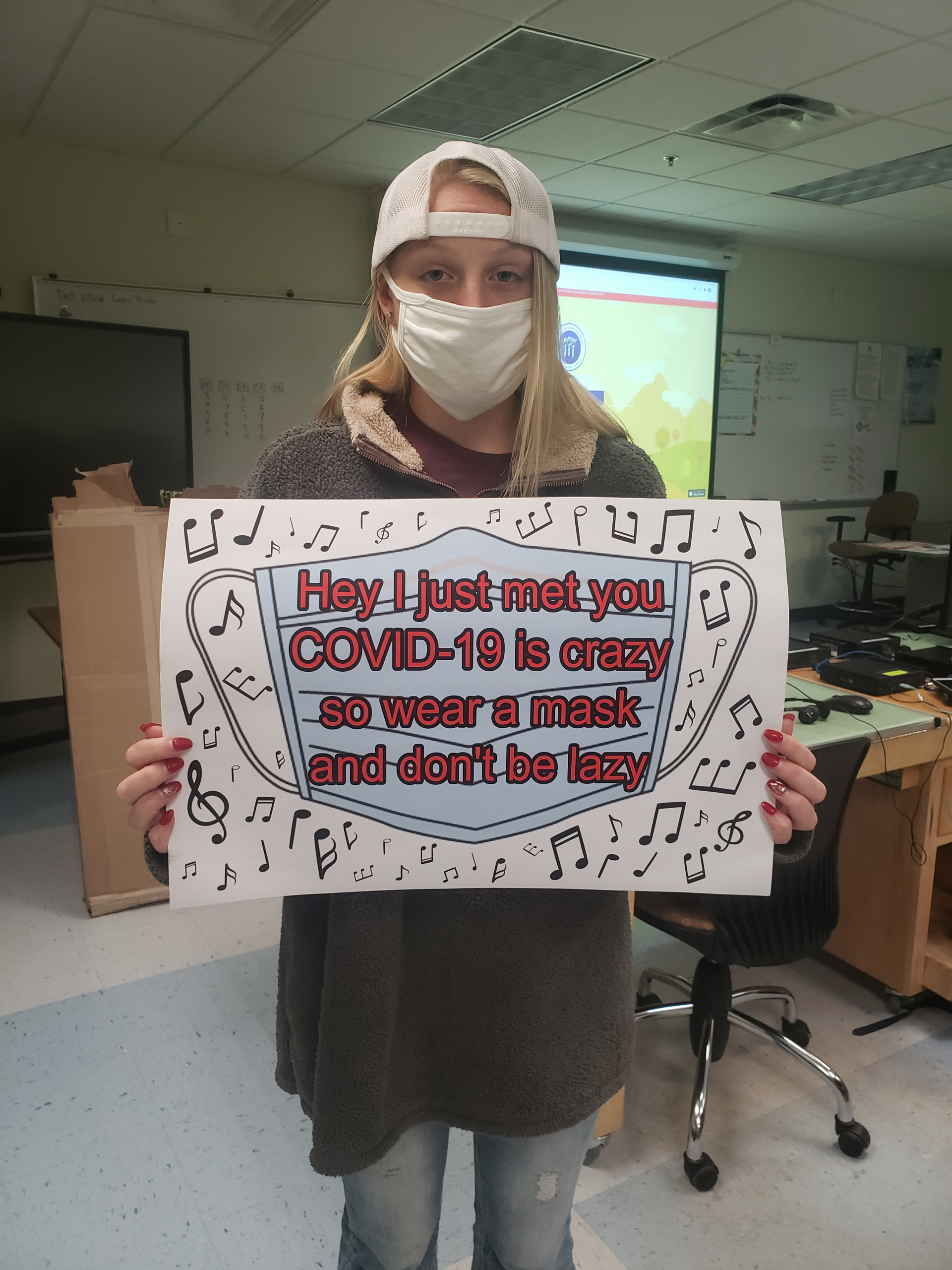
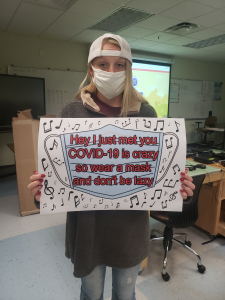
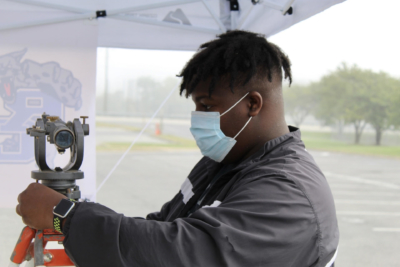
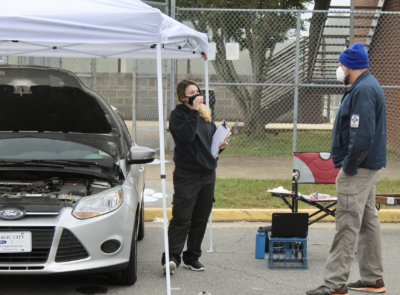 Welcome to our new series, COVID-19 Innovations. Here, we chronicle the innovative ways that career and technical educators continue to engage students as lifelong learners and prepare them for rewarding careers, even as the COVID-19 pandemic has upended the 2020–21 school year.
Welcome to our new series, COVID-19 Innovations. Here, we chronicle the innovative ways that career and technical educators continue to engage students as lifelong learners and prepare them for rewarding careers, even as the COVID-19 pandemic has upended the 2020–21 school year.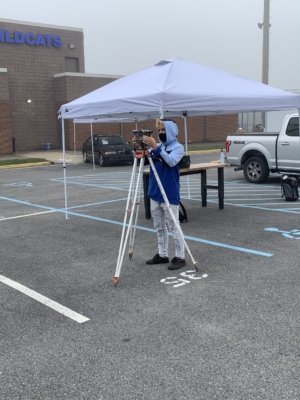
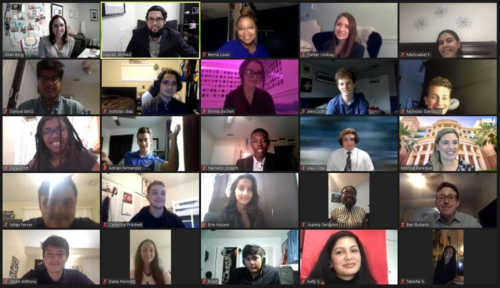
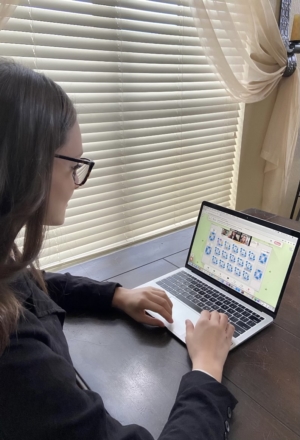 Welcome to our new series, COVID-19 Innovations. Here, we chronicle the innovative ways that career and technical educators continue to engage students as lifelong learners and prepare them for rewarding careers, even as the COVID-19 pandemic has upended the 2020–21 school year.
Welcome to our new series, COVID-19 Innovations. Here, we chronicle the innovative ways that career and technical educators continue to engage students as lifelong learners and prepare them for rewarding careers, even as the COVID-19 pandemic has upended the 2020–21 school year.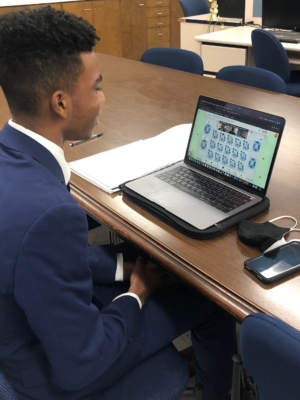 In spring 2020, VEI shifted its in-person learning experiences to online platforms. Students expanded their networks, engaging more actively with other student-run businesses across their state and in mentorship with business professionals in other states. In addition, more students are participating in virtual events because certain barriers to entry are eliminated. This particularly benefits VEI students attending schools in under-resourced communities.
In spring 2020, VEI shifted its in-person learning experiences to online platforms. Students expanded their networks, engaging more actively with other student-run businesses across their state and in mentorship with business professionals in other states. In addition, more students are participating in virtual events because certain barriers to entry are eliminated. This particularly benefits VEI students attending schools in under-resourced communities.